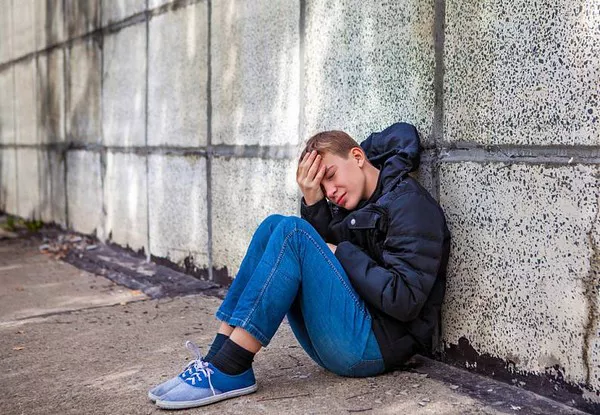As October marks Mental Health Awareness month, the focus is on raising awareness about mental health and depression, reducing the stigma surrounding mental health issues, and educating the public. While many resources address emotional signs and markers of depression, there is less information about the physical symptoms associated with this condition.
Dr. Kamal Bhatia, a general adult and forensic psychiatrist and director of the Mood Disorders Day Hospital at Sheppard Pratt Hospital in Maryland, highlights the importance of recognizing the physical symptoms associated with depression. These physical ailments can range from mild to severe, and individuals often do not immediately link them to their emotional state.
Several physical symptoms are commonly associated with depression, including:
Fatigue: Patients may experience a sudden lack of motivation, energy, and persistent tiredness, even after an adequate amount of sleep.
Sleep disturbances: Depression can lead to changes in sleep patterns, such as sleeping too much or too little.
Appetite changes: People with depression may experience abrupt changes in appetite, leading to weight fluctuations.
Aches and pains: Generalized muscle aches, backaches, headaches, and other physical discomfort may be reported.
Digestive issues: Many patients exhibit gastrointestinal symptoms like nausea, diarrhea, constipation, or other gut-related complaints.
Sexual problems: Depression can lead to decreased libido, difficulties in becoming aroused, and performance anxiety.
Additionally, the concentration of serotonin receptors in the gut suggests a connection between depression and digestive issues.
Increased stress due to anxiety or depression can manifest as physical complaints related to the gastrointestinal system.
The good news is that when these somatic symptoms are linked to depression, they often respond to treatment through medication, psychotherapy, and lifestyle modifications. However, it’s important to have realistic expectations regarding the time it takes for treatment to become effective. While some symptoms like sleep quality and appetite may improve quickly with medication, complete recovery may be a long road that requires patience and support.
Primary care physicians often play a significant role in diagnosing and treating depression, as many patients first present with depressive symptoms to these healthcare providers. Recognizing the link between physical and emotional symptoms is vital for accurate diagnosis and appropriate care.
Dr. Bhatia notes that the number of available mental health providers is limited compared to the demand for services, making primary care physicians essential in addressing mental health needs. Their role as gatekeepers in identifying and managing depression is crucial, as some patients may be more comfortable seeking help from their primary care providers.
Severe depressive episodes can have a profound impact on physical health, leading to conditions like cardiovascular problems, high blood pressure, heart disease, dramatic weight changes, thyroid issues, diabetes, and more. Extended inactivity due to severe depression can cause muscle atrophy, a weakened immune system, and increased vulnerability to various illnesses. Deconditioning, chronic pain, and bedsores may also result from prolonged periods of inactivity and social isolation.
Sheppard Pratt Hospital offers a range of care programs, including outpatient clinics, intermediate-level care (day programs), and inpatient care. The day programs aim to provide intensive support, helping patients avoid deterioration that may lead to inpatient care.
Recovery from depression can be a long and sometimes challenging process, but with a proper diagnosis, appropriate treatment, and a strong support system, individuals can improve their mental and physical well-being. Self-care and understanding from family members and loved ones also play crucial roles in the recovery process. For individuals living with depression, it’s important to seek help and remember that it is a medical condition that requires treatment. Depression is not a result of one’s actions and is not their fault.





























